The powerful labor organization that often backs Democrats has declined to endorse either Kamala Harris or Donald Trump in the presidential election. Here’s why that matters – and why it doesn’t.
The Teamsters Union has announced it is not planning to endorse a presidential candidate this election, a departure from the labor organization’s nearly 30-year norm of endorsing Democratic nominees.
Former President Donald Trump’s campaign was quick to frame the Wednesday announcement as a victory – even though he also wasn’t endorsed – calling it a “crushing blow” to Vice President Kamala Harris, the Democratic nominee.
“She became the first Democrat in almost three decades to NOT be endorsed by the International Brotherhood of Teamsters – with the organization’s polling showing rank-and-file members overwhelmingly backing President Trump,” it said in a statement. “Workers know Kamala Harris – and her support for a fracking ban, electric vehicle mandate, and other Radical Left lunacy – would be devastating.”
The Harris campaign quickly pointed out that while the national leadership did not endorse her, several joint councils in battleground states of Michigan, Nevada, and Wisconsin did endorse her.
“Collectively, these members represent hundreds of thousands of Teamsters in critical swing states,” the campaign said in an email. “Along with these locals, the Vice President has received the overwhelming support of organized labor because, while she has spent her entire career championing labor, Donald Trump celebrated firing striking workers and his Project 2025 agenda would fundamentally undermine the right to organize.”
Here’s what to know about the Teamster’s non-endorsement and why it matters:
Who Are the Teamsters?
With 1.3 million members, the Teamsters Union is the country’s largest labor organization, representing a variety of occupations throughout the U.S., including public defenders in Minnesota, vegetable workers in California, and sanitation workers in New York, to name a few.
“Name the occupation and chances are we represent those workers somewhere,” the union’s website says.
Union endorsements in general often help candidates in terms of optics as well as resources and organization – especially in crucial battleground states like Michigan and Pennsylvania, where union membership is high.
Why Didn’t the Teamsters Endorse a Candidate?
Teamsters leaders said after reviewing six months of member polling and conducting interviews with all major presidential candidates for the presidency, they felt that they were left with “few commitments from Harris and Trump.”
“Unfortunately, neither major candidate was able to make serious commitments to our union to ensure the interests of working people are always put before Big Business,” said Teamsters General President Sean M. O’Brien. “We sought commitments from both Trump and Harris not to interfere in critical union campaigns or core Teamsters industries – and to honor our members’ right to strike – but were unable to secure those pledges.”
The decision comes after O’Brien was given a prominent speaking role at the Republican National Convention in July, angering Democrats and many in the labor movement. Trump had been actively wooing union members and O’Brien, hosting the labor leader at his Mar-a-Lago estate in January. The union contributed $45,000 to the RNC convention fund this year, marking the organization’s first major donation to the right in decades.
Meanwhile, President Joe Biden, the self-described “most pro-union president” in American history, made several major advances for unions in his first term. His administration’s National Labor Relations Board is largely staffed with pro-union officials and his three major domestic achievements – the $1 trillion infrastructure bill, the $280 billion industrial policy bill, and the Inflation Reduction Act – all had pro-union provisions that specifically helped Teamsters members.
Most notable, however, was his estimated $36 billion bailout of pension plans as part of the American Rescue Plan, the one provision leaders of the union wanted the most.
Biden also made headlines last September when he became the first sitting president to appear on a picket line for the UAW in Michigan. Harris has capitalized on his record, with many organized labor interests coalescing behind her campaign.
Why Does Trump Consider the Non-Endorsement a Victory?
Even though Trump didn’t receive the Teamsters endorsement, he recently polled better among the union members than Harris.
The union leadership said according to its member polling from April to July, Biden won the majority’s support. But in polls from July to September, after Biden left the race, a majority of voting members selected Trump over Harris for an endorsement.
Ford O’Connell, Republican political analyst, and former Trump White House surrogate says Trump likely garnered Teamster member support because he is “pro-American,” even though he doesn’t refer to himself as “pro-union.”
“He refers to himself as pro-American and pro-worker more so than pro-union,” he says. “He understands how these guys are: You want to make America great, you want to protect law enforcement, and you want oil and gas to be flowing, because that way you can do your job.”
Will This Affect the Election?
Whether the non-endorsement will ultimately affect the election outcome remains to be seen, but experts disagree over how much sway it could have.
For one thing, the Teamsters have been more erratic in their endorsements than some other labor unions. Despite the 30-year run for Democrats, the group’s past leadership has supported Republicans like Richard Nixon, Ronald Reagan, and George H.W. Bush. So the lack of Teamster’s support is likely less damaging than a similar move from, for example, the United Auto Workers or the Service Employees International Union – both of which have endorsed Harris. UAW President Shawn Fain has called the prospect of another Trump term “a disaster.”
O’Connell says union members take cues from union leadership because they want to vote for a candidate that will uphold the benefits of being in a union. By not endorsing Harris, union leadership is indicating that “Trump’s policies are going to benefit them in the long run.”
Hans Noel, associate professor of government at Georgetown University, says “It’s unlikely to affect the election, at least not by itself.”
“But voters take cues from a lot of different places, so it could have a small effect in a close race,” Noel says. “More likely, it could have contributed to the sense people have of who the candidates are and who appeals to them. The long list of Republicans from former administrations who are backing Harris is a story about how she appeals across the aisle and how Trump has alienated part of his party. If that’s something that matters to you, the endorsements carry some information.”


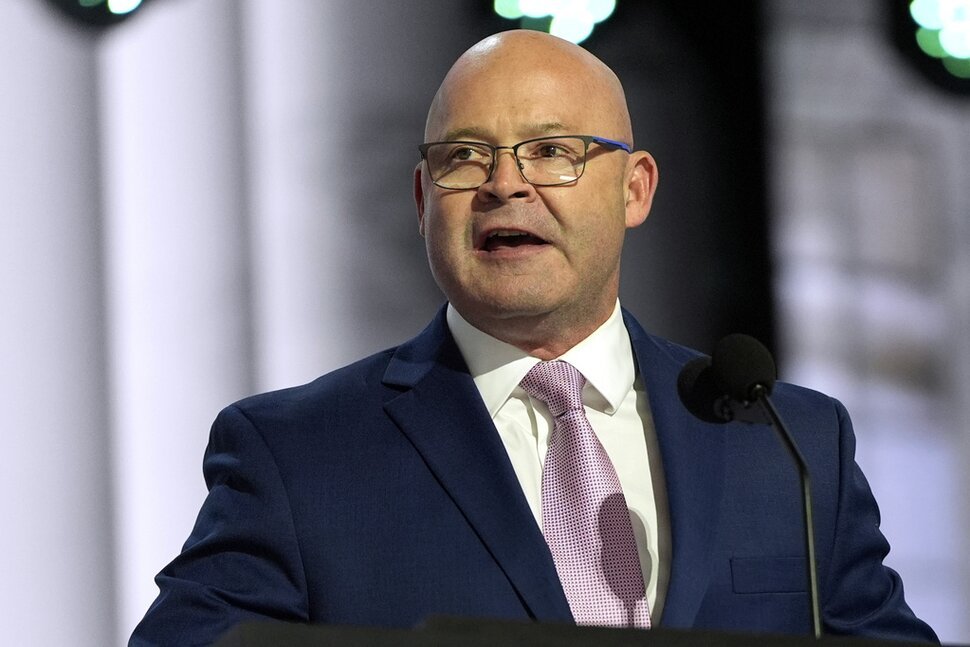


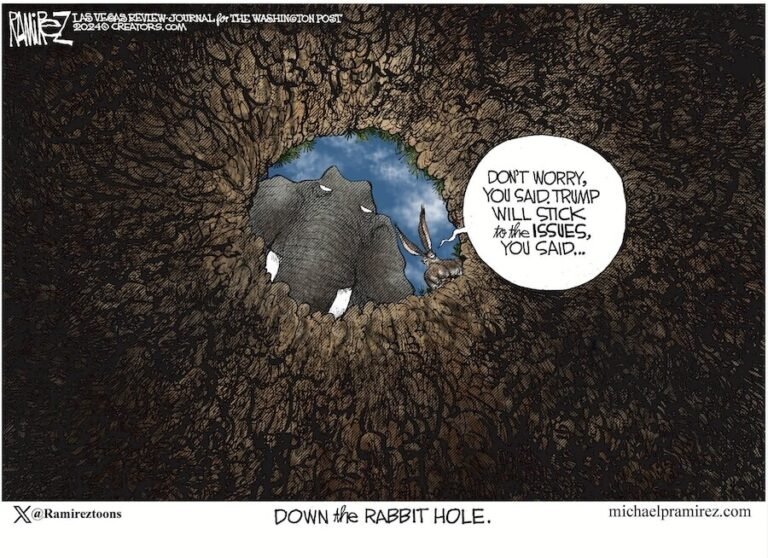
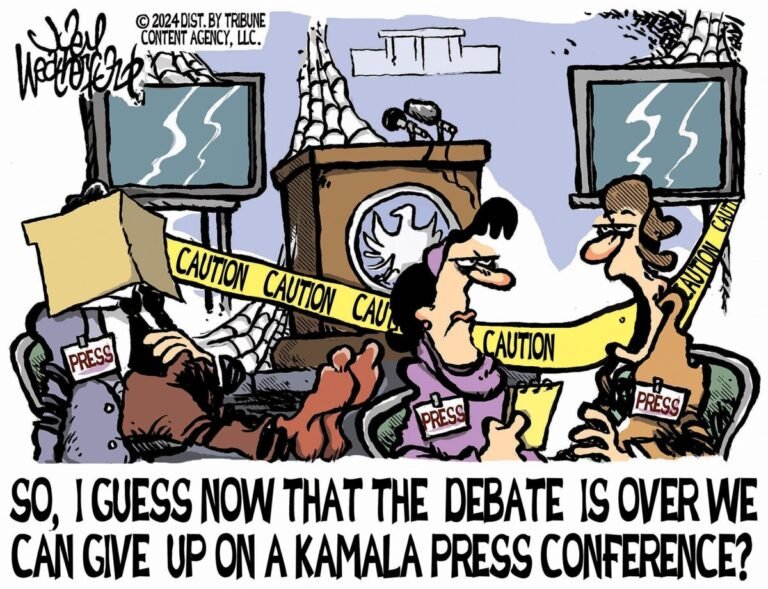
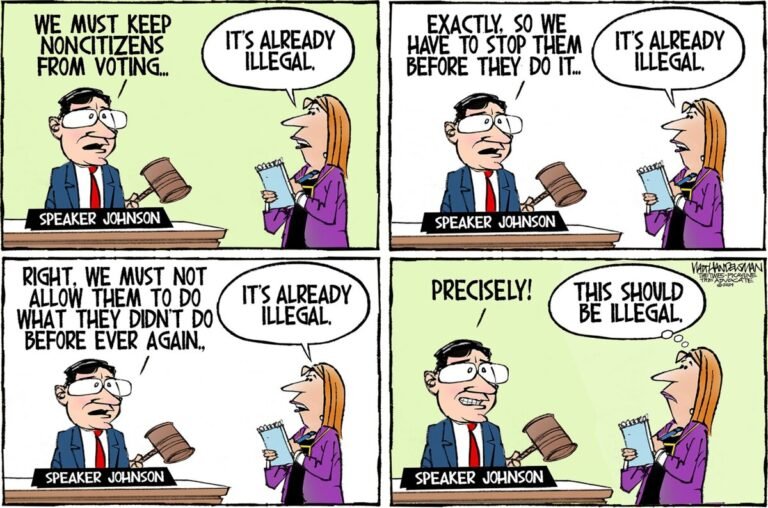
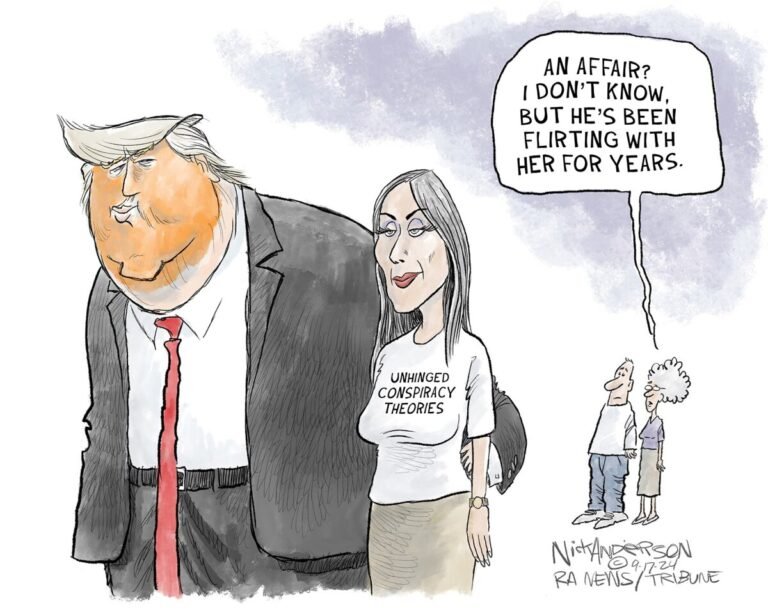
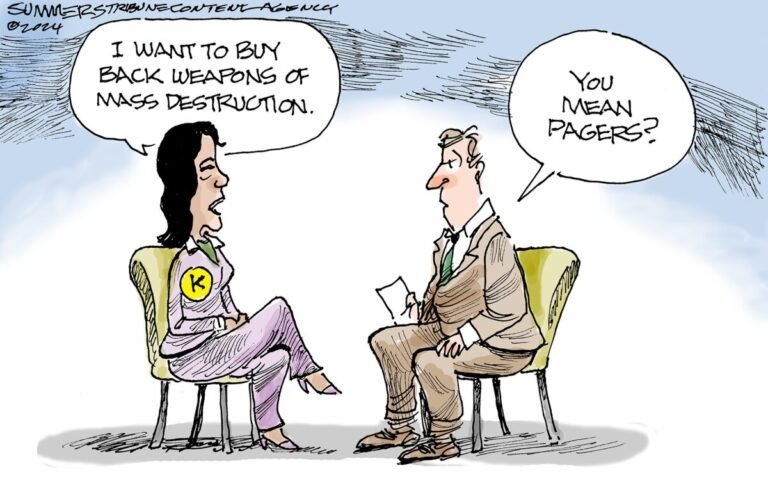
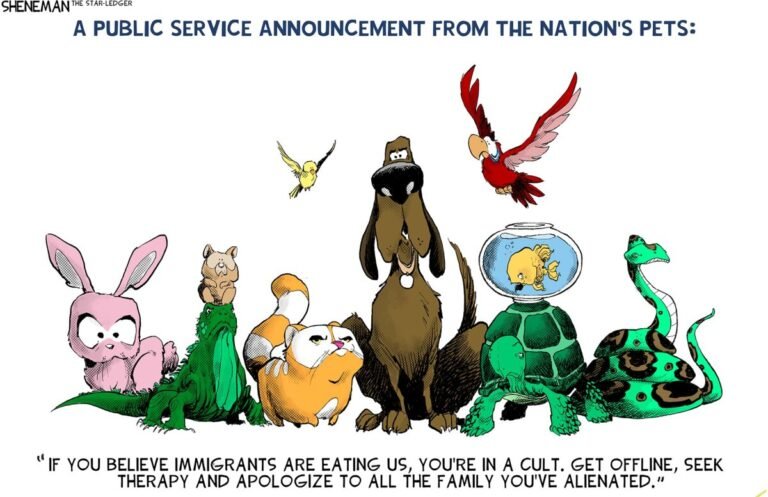
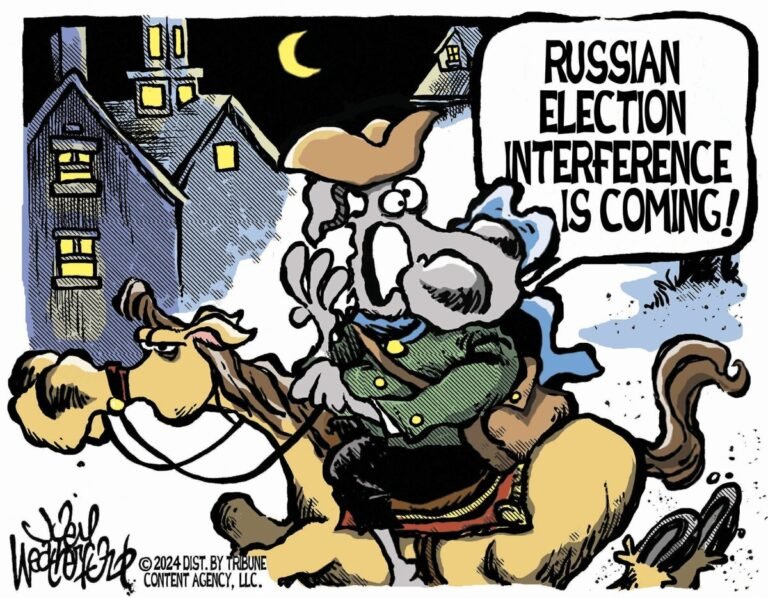
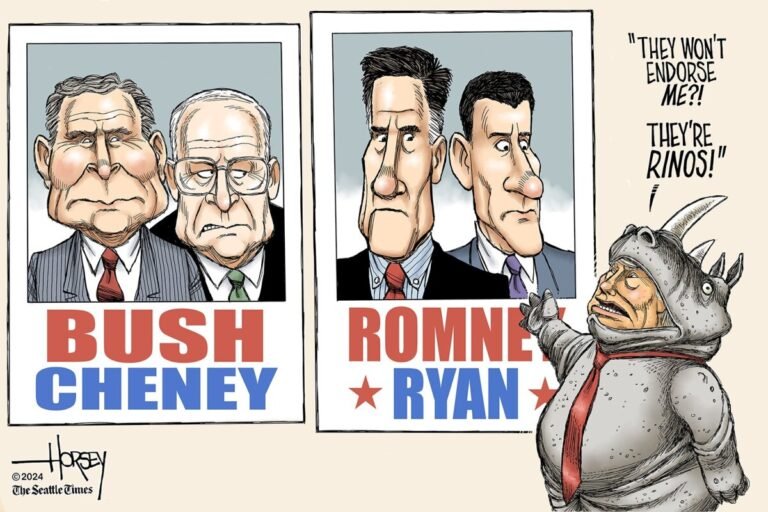

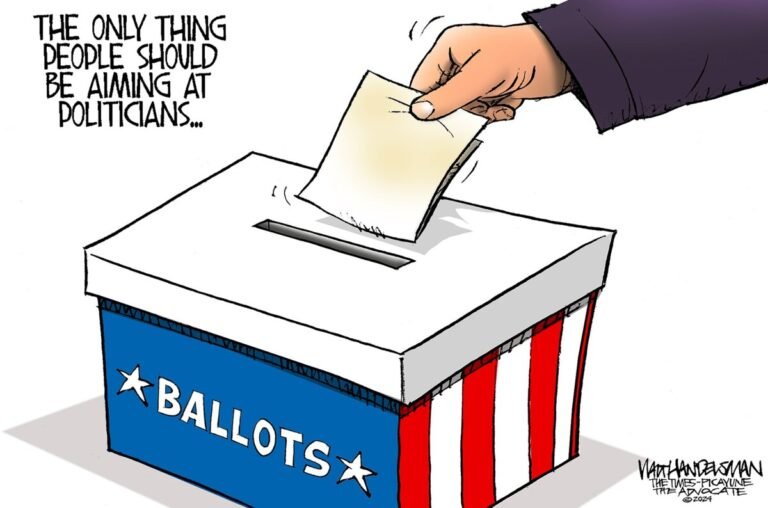


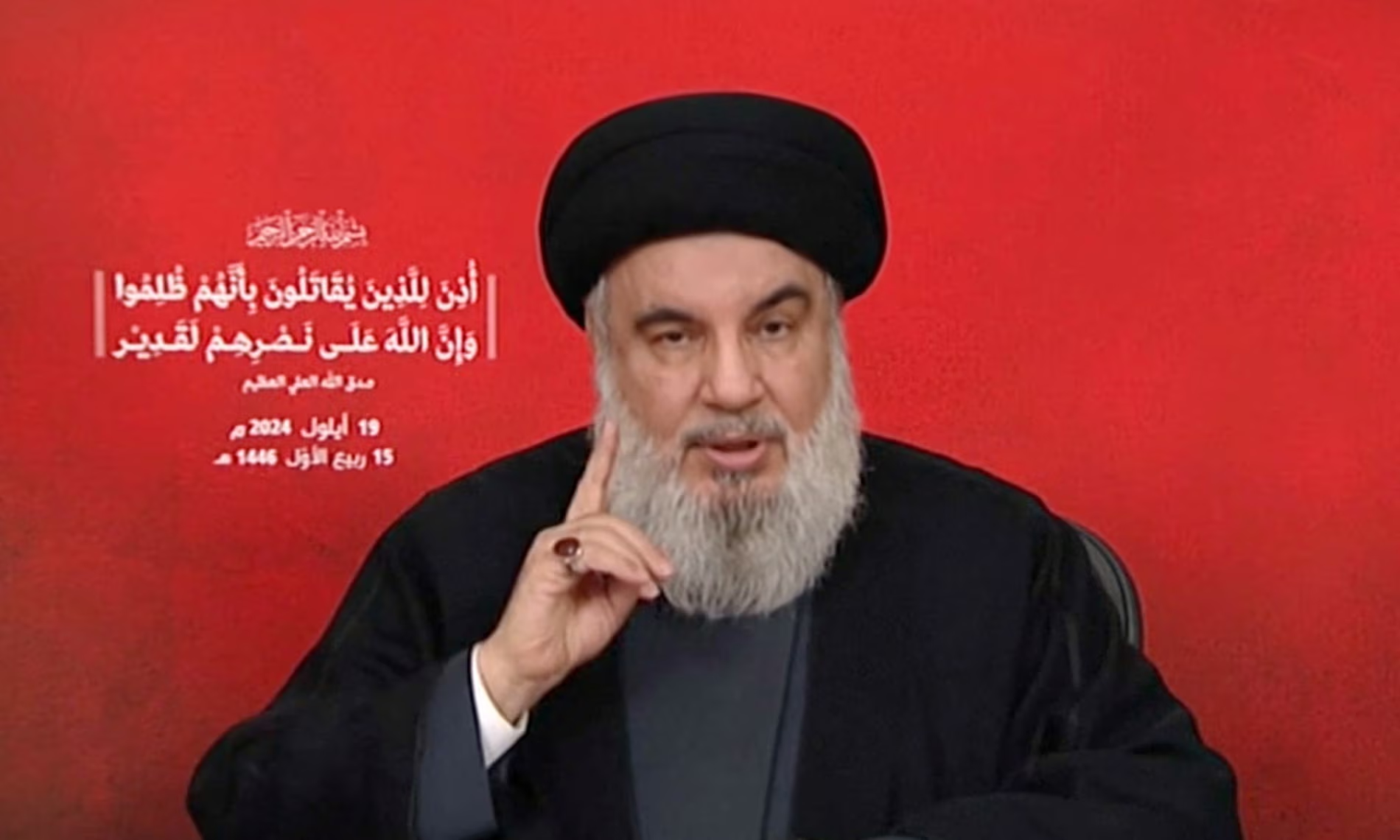
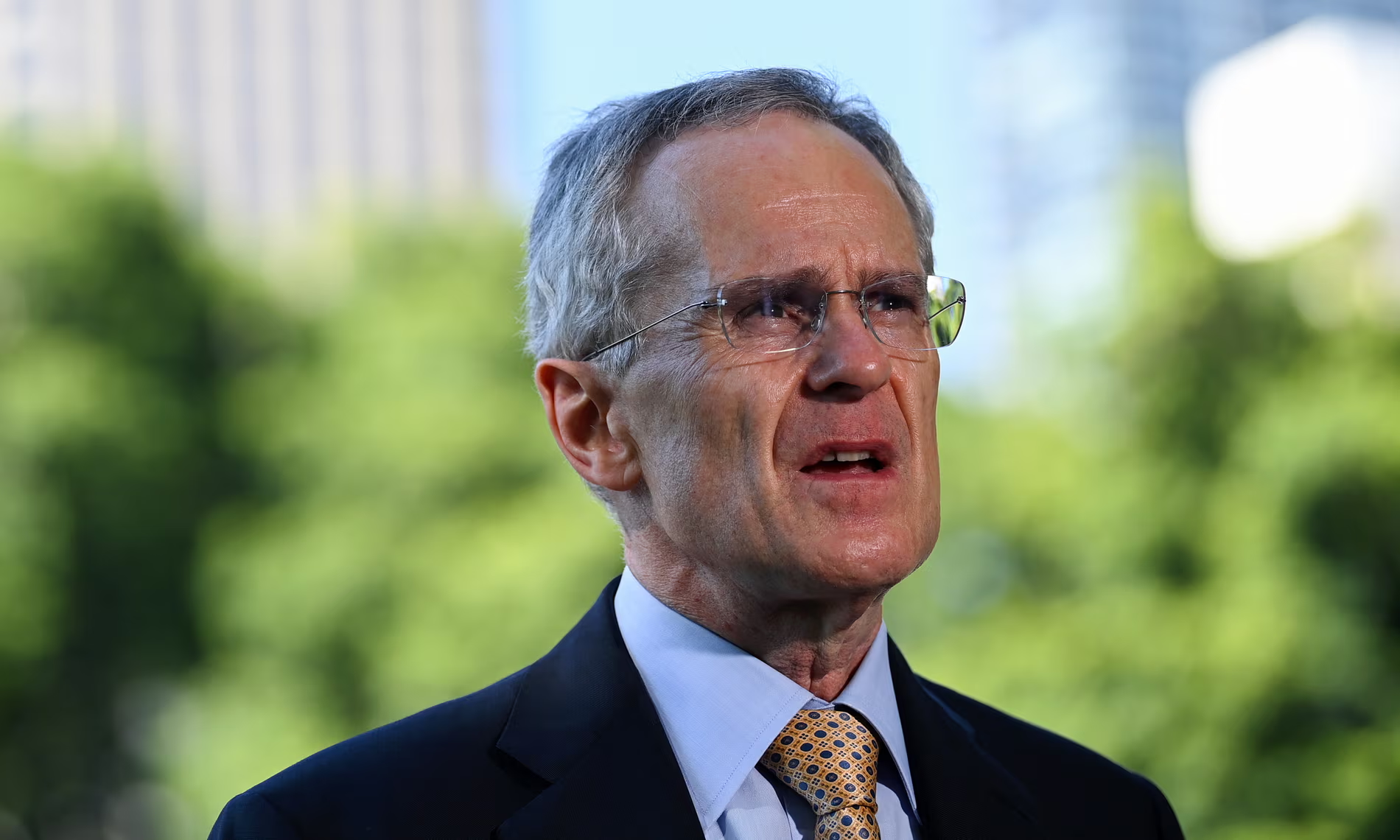


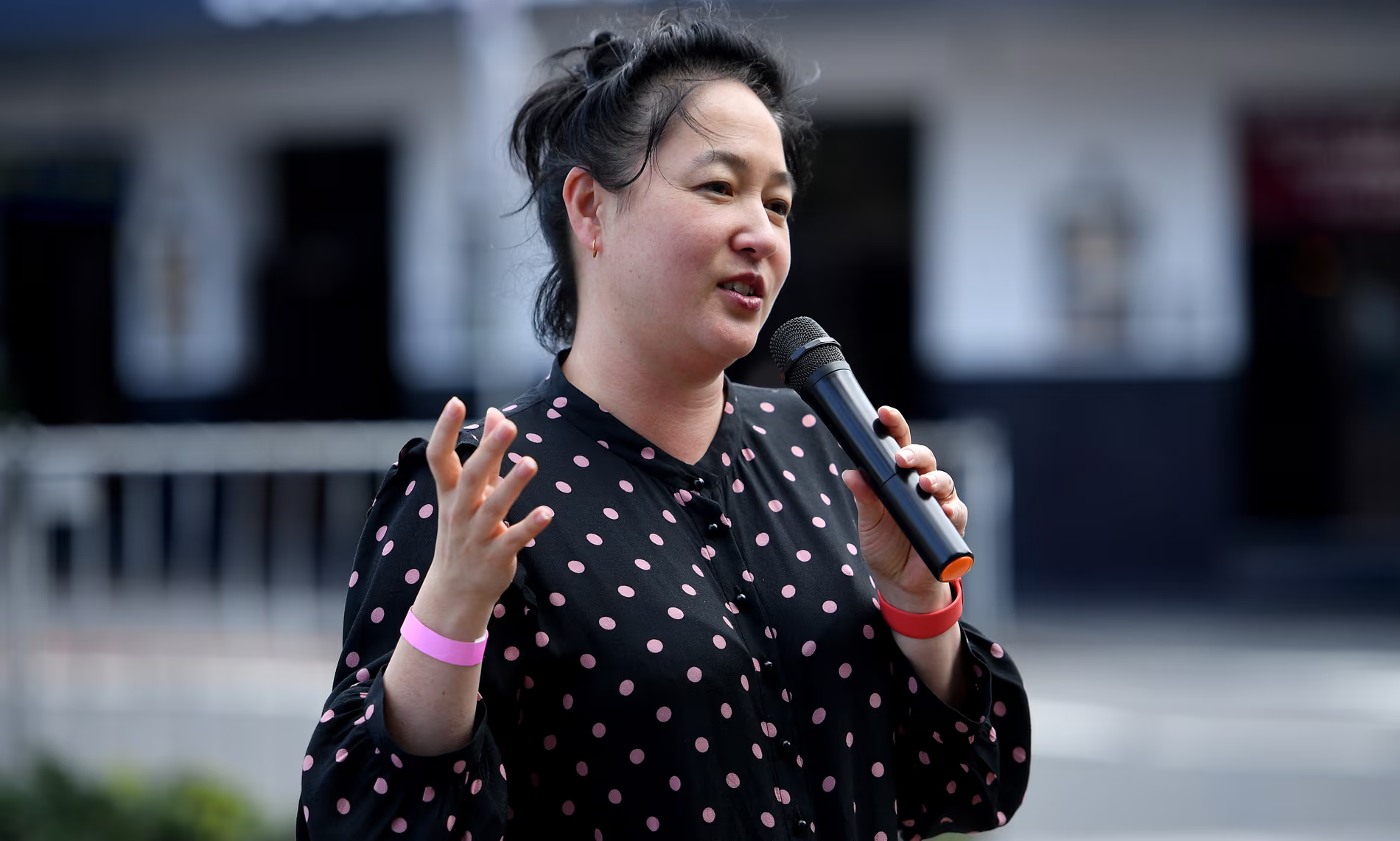
Leave a Reply